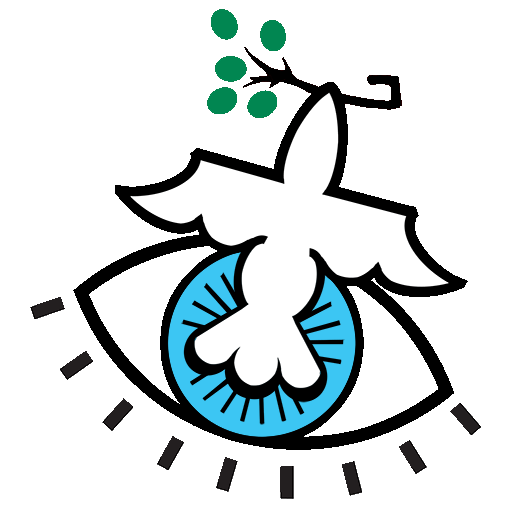Mary, the mother of Jesus, enjoys a unique status in the Quran where she ( as Maryam or Miriam in Arabic, Aramaic and Hebrew ), the mother of Isa( Arabic for Jesus ) is mentioned 34 times, more times than she is cited in the New Testament. Mary is the only woman to have a Surah ( chapter ) of the Quran named after her: Surah 19 ‘Maryam.’ In all of the Quran, Mary is the only woman to be named by her personal name. All other women, no matter how important they may be, even the wives and daughters of Muhammad, are named by their social position in a male hierarchy, not by their proper name.
The Quran, which was written in the 7th century of our common era, proclaims that Mary was conceived without sin ( the Catholic doctrine of the Immaculate Conception ), remained a virgin when she conceived Jesus through the intervention of God ( the Catholic doctrines of Perpetual Virginity of Mary and of the Virgin Birth of Jesus ), and was assumed into heaven ( the Catholic doctrine of the Assumption ). The Immaculate Conception was not defined as a doctrine of the Catholic Church until 08 December 1854; the Assumption was not defined until 01 November 1950.
To my mind, the most important affirmation of Mary in the Quran is the proclamation of her office as prophet. The Quran affirms that by her perfect ‘submission’ to God Mary becomes for all peoples for all times the example of how to be the faithful servant.
Too often the Abrahamic tradition ( shared by Judaism, Christianity, and Islam as the foundation of their monotheistic faith ) promotes violent images of God, images that emphasize judgment, punishment, and irrational sacrifice, such as the archetypical image of Abraham sacrificing his son Isaac. In counter-balance to these violent masculine images, the Quran presents Mary, a direct descendant of the prophets Aaron, Moses, and Miriam, as the suffering mother ( Sufi tradition ) or the suffering servant ( Sunni tradition ).
The prophetic mission of Mary in the Quran makes manifest the true meaning of jihad, of struggle, as a spiritual ‘combat’ with one’s self, as essentially a spiritual process requiring compassionate action toward one’s neighbors and one’s self. The Quran’s image of Mary taps the same sources of prophecy that create the image of Mary presented in the Magnificat of Christian Scriptures: they show us a non-violent spiritual struggle, one based in our common humanity as well as in our shared faith traditions.
The importance of Mary to Islam creates a possible common ground for establishing an ongoing Muslim/Catholic dialogue. Today, polarization and extremism seem to have triumphed in all spheres of our global civilization. In this fractured and hostile climate, it would be good for us to remember what we share in common in our history and civilization and values. I am proposing that Mary, the mother of Jesus, can be a most fruitful starting point for Catholic/Muslim, then Christian/Muslim, then Jewish/Christian/Muslim dialogue creating a sacred triptych portrait of the Jewish Mary, the Christian Mary, the Islamic Mary as the revelation of a compassionate God rooted in the prophetic tradition of Miriam and other women of our common biblical sources.
Of course, this dialogue has already begun among the faithful, among those who follow their hearts and find common ground in their respect for Mary. In Turkey, there is a Catholic and Muslim shrine, a holy place of pilgrimage for both faith traditions: the House of the Virgin Mary ( In Turkish: Meryem ana or Meryem Ana Evi, “Mother Mary’s House” ). It is located on Mt. Koressos, near the city of Ephesus.
And, in our own backyard, we have Mosque Maryam, a mosque of the Nation of Islam, located at 7351 South Stony Island Avenue.
Whether we are Christian or Muslim or Jew or agnostic does not matter. What matters is that we see in these powerful images of Mary paths to truth, reconciliation, and friendship.
Perhaps Mary, the mother of Jesus, can assist us on this path.
_________________________________
© nicholas.patricca@gmail.com
WCTimes 06 November 2013
Nick Patricca is professor emeritus at Loyola University Chicago, president of Chicago Network and playwright emeritus at Victory Gardens Theater.
